2026 GRAMMY Awards
Y'all, 38 artists and 70 GRAMMY nominations is BONKERS!! Our MAX/SET artist partners absolutely crushed it this year.
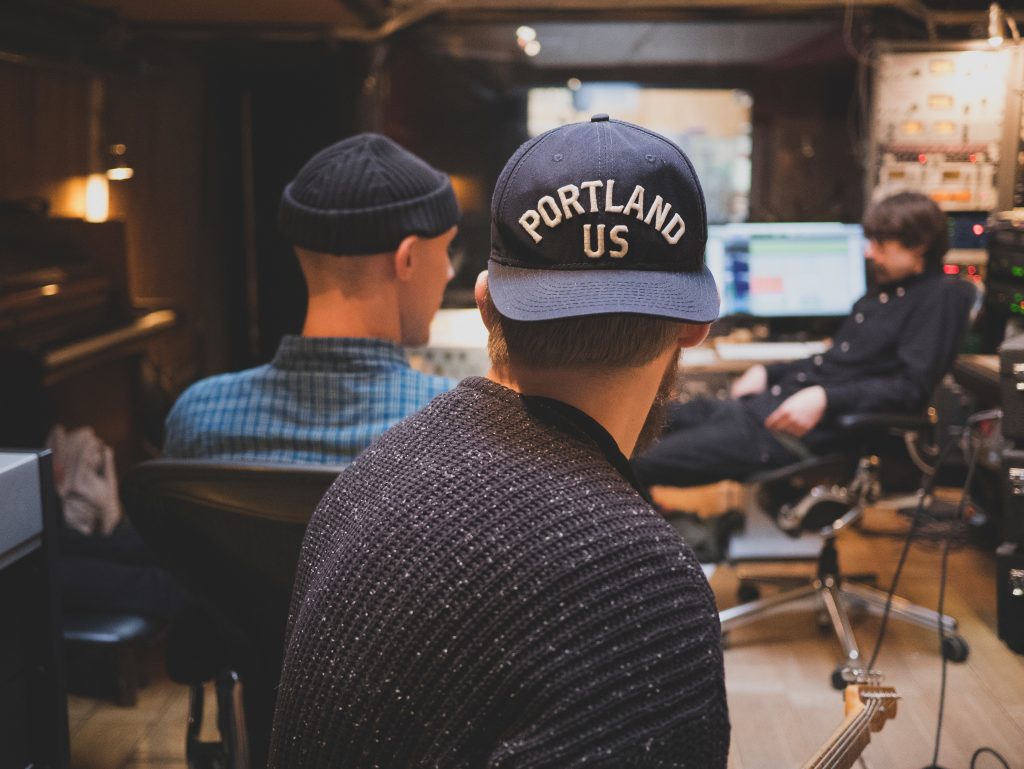
This article outlines the best practices for artist managers and artists when preparing for brand partnerships.
One of the most exciting things that can happen for a band is to have their music used in a commercial. Of course, the best intersections of brand partnerships with artists are those in which there is value alignment between the artist and the brand. In fact, we started MAX to help find the sweet spot where brands and bands both benefit from these types of partnerships. Absent this alignment, the partnership is lopsided, leaving both the brand and artist without a clearly positive impact (and all too often, bands' reputations are damaged).
However, when that alignment occurs between brand and band, the impact is - for both parties - incredible. One of the highlights of my career was having an artist whose music had never gained anywhere near the attention it deserved, finally come to the mainstream via a creative union with Volkswagen.
Even amidst all the excitement, there are a number of things bands should do to ensure that they both protect themselves and gain the maximum benefit from these partnerships with brands.
The checklist below, while not comprehensive, should spur conversation and action among artists to prepare for possible commercial opportunities.
Bands need some form of partnership agreement that delineates and defines details like:
This fourth detail is hugely important for bands who have a dominant writer, and other members who do not write.
Typically, when there is upfront money paid to the band, 50% goes to the owner(s) of the sound recording. This could be a label or, if there is no label, directly to the band. From there, the remaining 50% goes to the writer of the song. This means that if there are four band members, but just one of them writes, only the writer will receive any upfront money related to the publishing.
Further, once the campaign runs (on TV, radio, internet), the Public Performance money will be paid to (and only to) the writer of the song - NOT the band members. Thus, some kind of agreement that - perhaps - divides all of the money equally amongst the band members (whether they write or not) while they are members of the band, can be a good approach.
We’ve written extensively in this space around the importance of copyrighting your work. Some previous articles:
When we say it’s crucial for you to register the copyright to your works, this means both the songs themselves AND the recordings of the songs.
Registering your works not only creates an evidentiary date should a dispute arise around who wrote a work first, but also is a necessary precedent to bringing suit (and receiving financial remedies).
That’s right: unless and until you register your works, you can not bring suit against someone you believe has infringed upon any of the exclusive rights granted to you upon your creation and fixation of an original work of authorship.
It’s imperative for artists to know precisely whom and to what extent others will benefit from their works being used in a commercial. For instance, if an artist has a manager, what commission rate will the manager derive from this usage? Is it limited to any upfront money, or does it extend to revenue generated from performance income (see below)?
Similarly, if a band is signed to a label, the label will frequently receive 50% of any revenue derived from the exploitation of the master recording (and sometimes 100% if the band is unrecouped). Artists should clearly understand how the money that comes in from these uses will be divided.
Songwriters should affiliate with a Performance Rights Organization (PRO), and ensure that their song submittal forms are up to date and accurate. Some of the main PROs in the United States:
Only by doing this will the writers of a work receive their owed Public Performance money when the campaign airs on radio, TV, etc. This is a truly crucial step for artists to maximize the revenue-generating potential of their works.
For more information about the importance of affiliating with a Performance Rights Organization, please review the other related articles in our educational series.
Additionally, performers (band members) and publishers (even if the band is their own label) should register their works with SoundExchange to ensure that, should a brand-artist partnership run on a digital streaming or online radio service, the artist receives the appropriate amount of revenue.
This should go without saying. These agreements are complex, and a wrong move here can be detrimental. Brands consult with lawyers - you should, too. Please don’t have your Uncle Steve, the real estate lawyer, review a proposed contract. You need a lawyer who knows the contours of the music business to address these agreements.
Certainly there are other concerns - dominantly making sure that the values align between artist and brand - but the above list does represent a decent checklist, not only for protecting yourself, but also for ensuring maximum financial benefit.
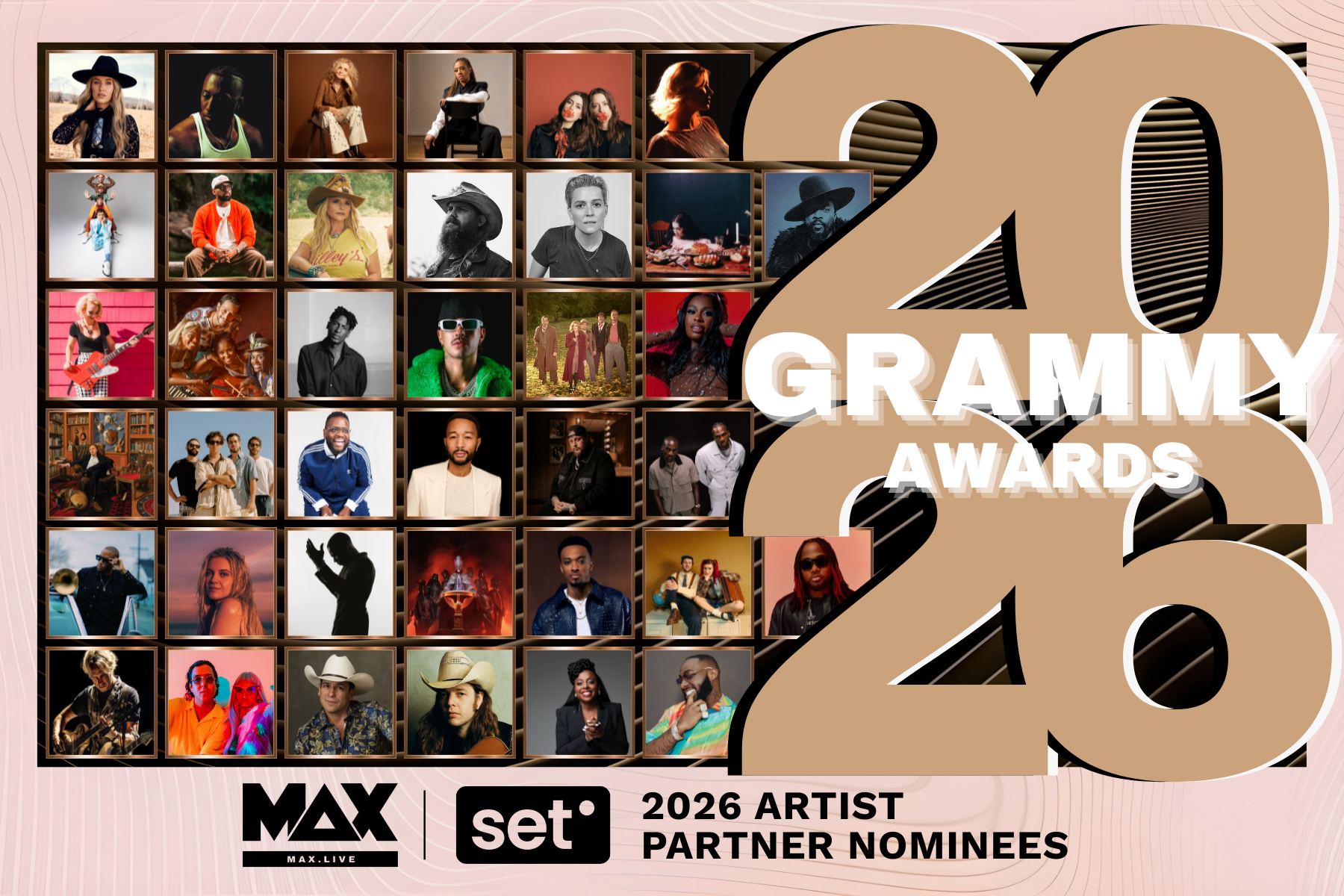
Y'all, 38 artists and 70 GRAMMY nominations is BONKERS!! Our MAX/SET artist partners absolutely crushed it this year.
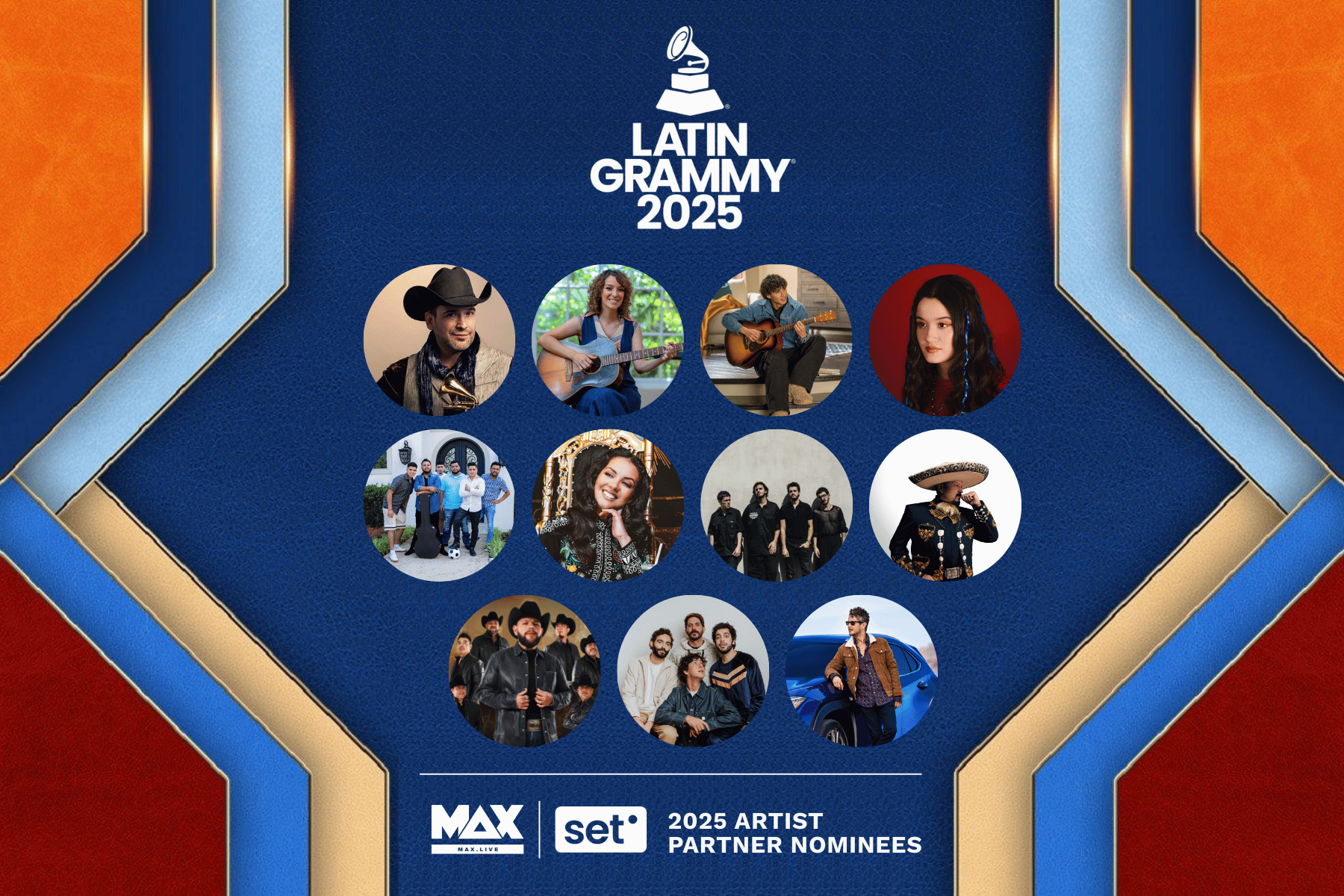
11.17.2025 UPDATE: 4 artist partners took home Latin GRAMMY Awards! 🏆🍾 The countdown has begun for the 2025 Latin GRAMMYs! On November 13, 2025,...
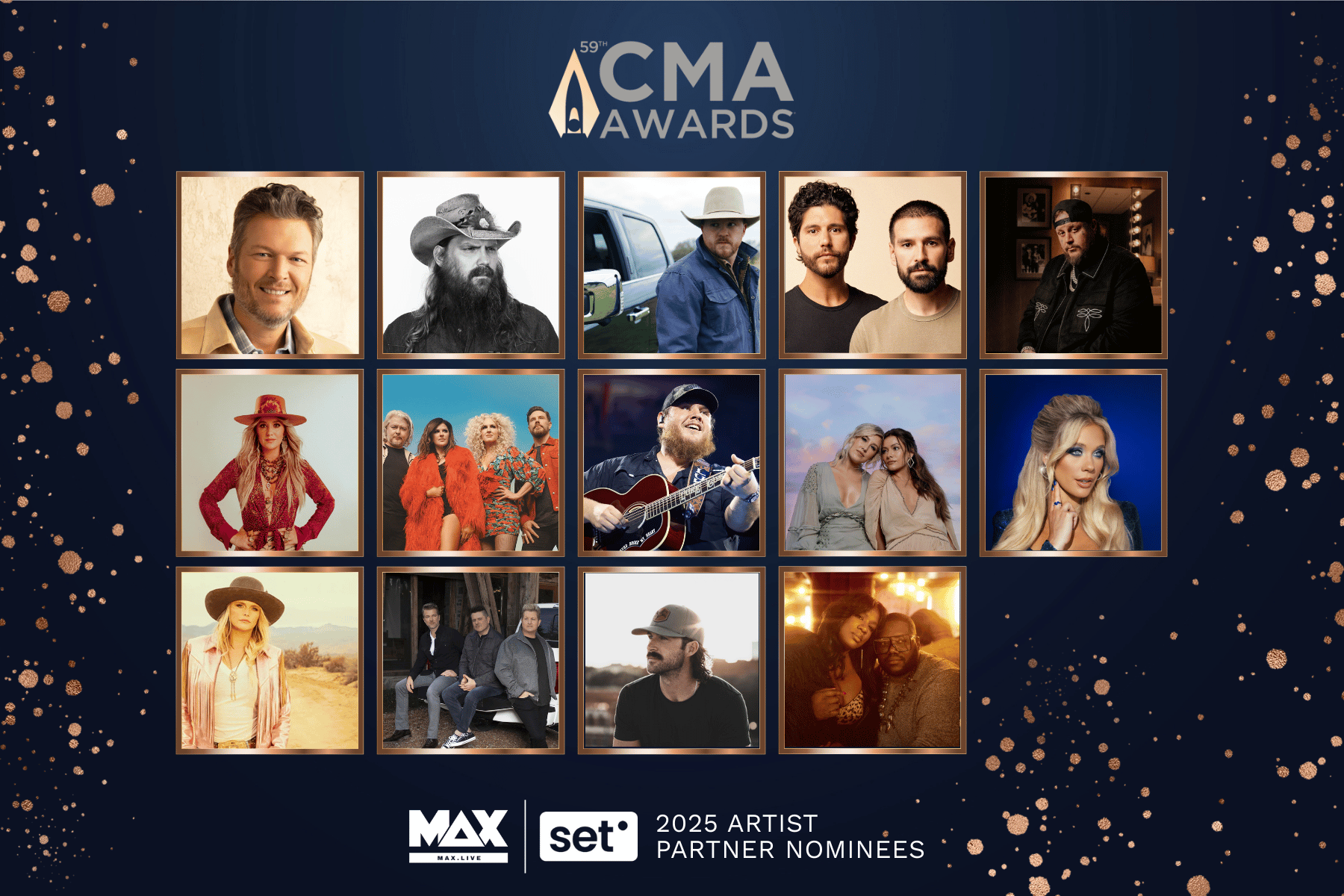
The 2025 CMA Awards, airing on November 19, 2025, will celebrate the best in country music, and we're thrilled to announce that 14 of our incredible...

1 min read
Best to Worst Ranked Super Bowl Ads: Music Themed Take Me Home: Rocket 🙌🏆 Knock Out: Pfizer 👍😢 The Fans: Taco Bell 👍🔥 Turn Back Time: Uber Eats

Table of Contents Prologue: The Allure of Music Industry Manor Ch 1: Hall of Infinite Possibility Ch 2: The Specter’s Contract Ch 3: Sacred Oath of...
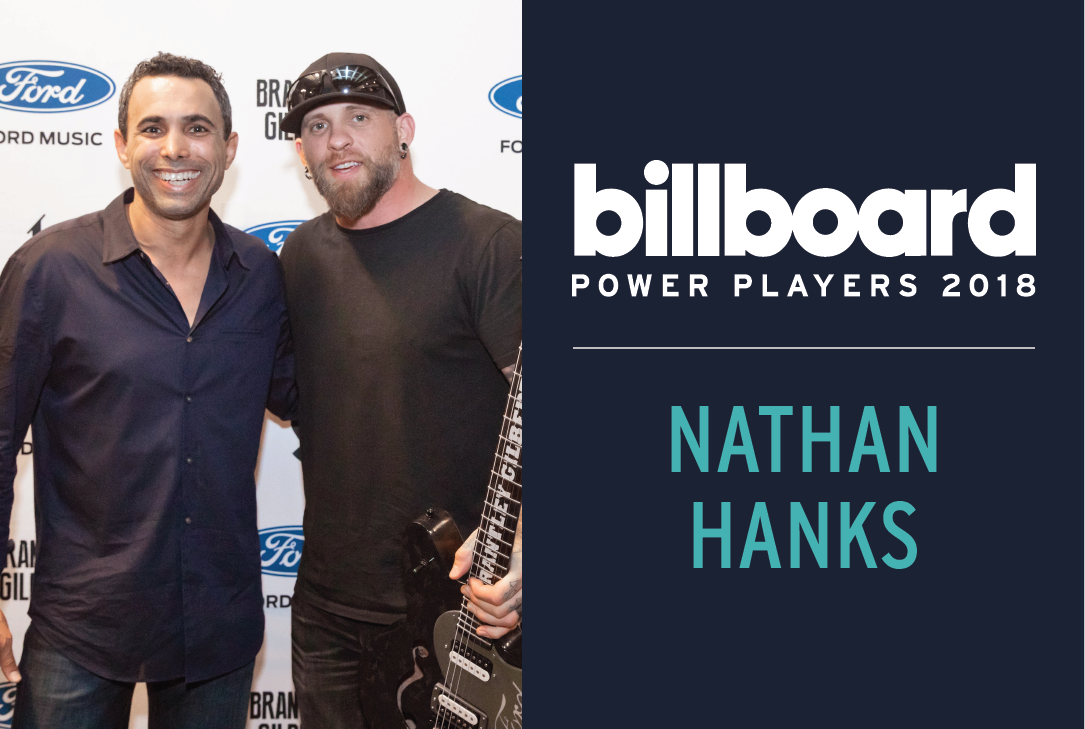
Pictured: Nathan Hanks (left), Brantley Gilbert (right) We're thrilled to announce that our CEO and Founder, Nathan Hanks was named as one of...